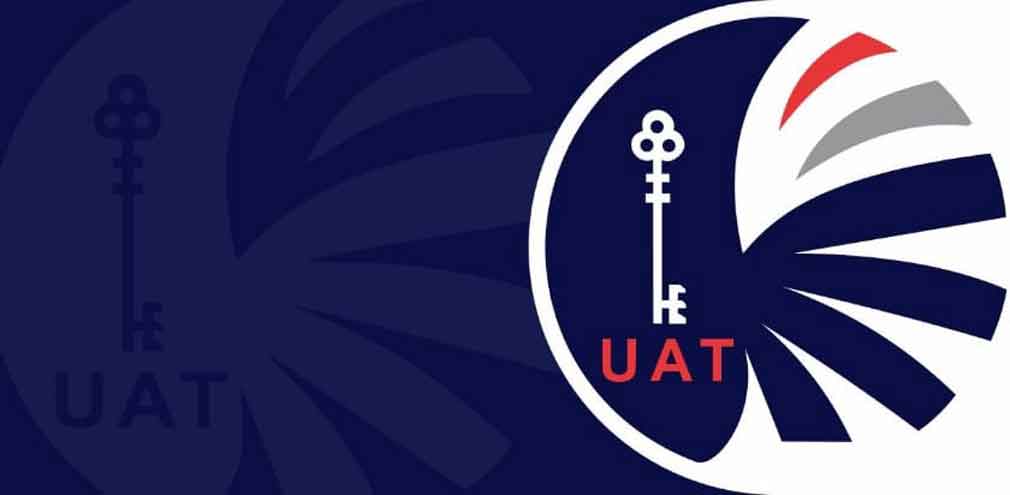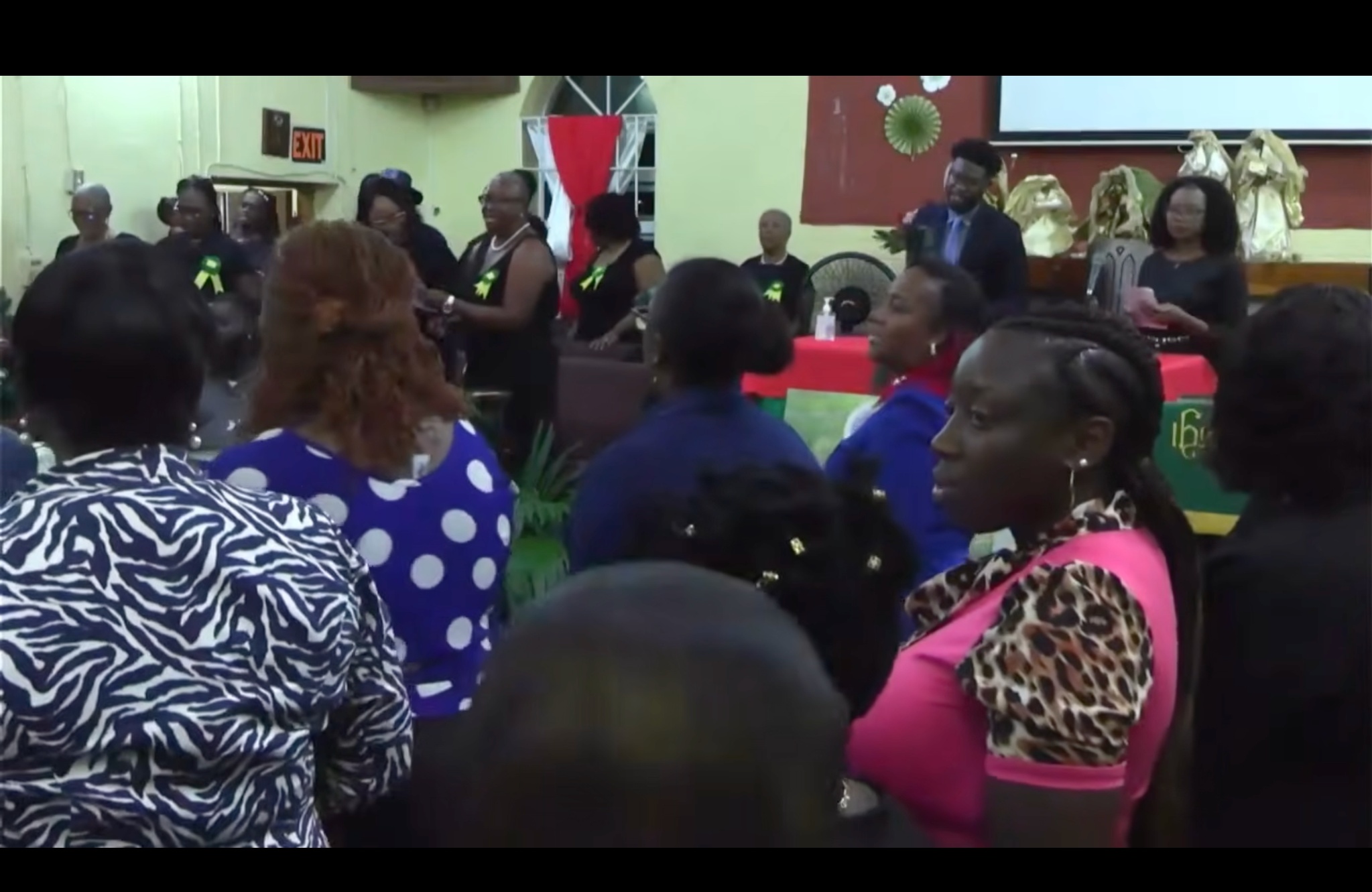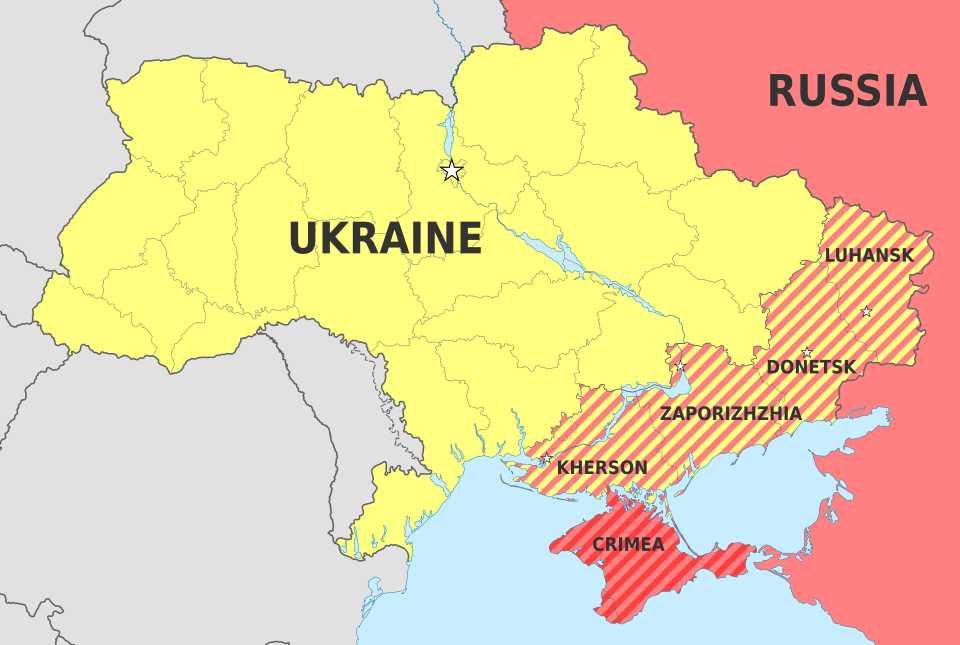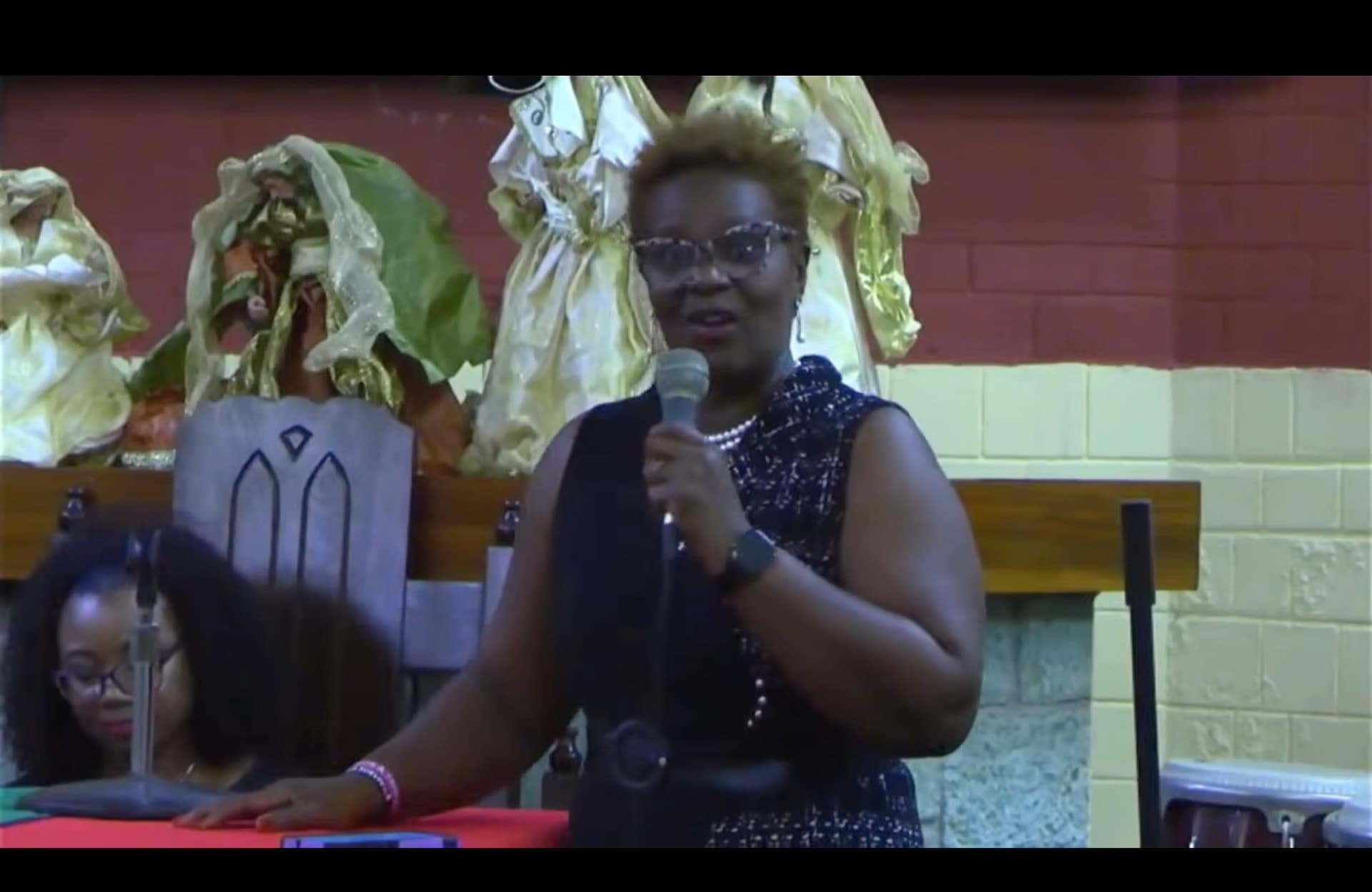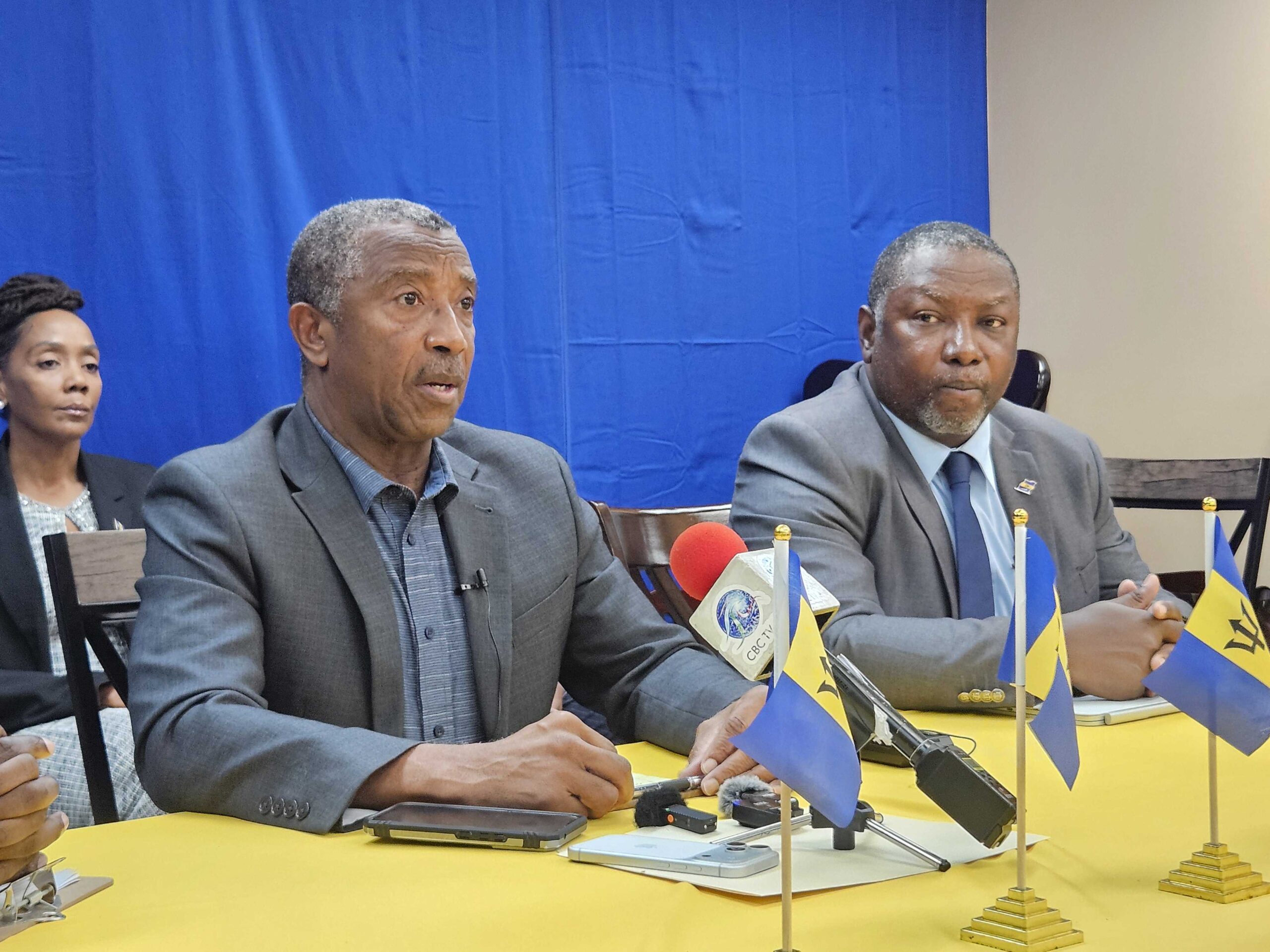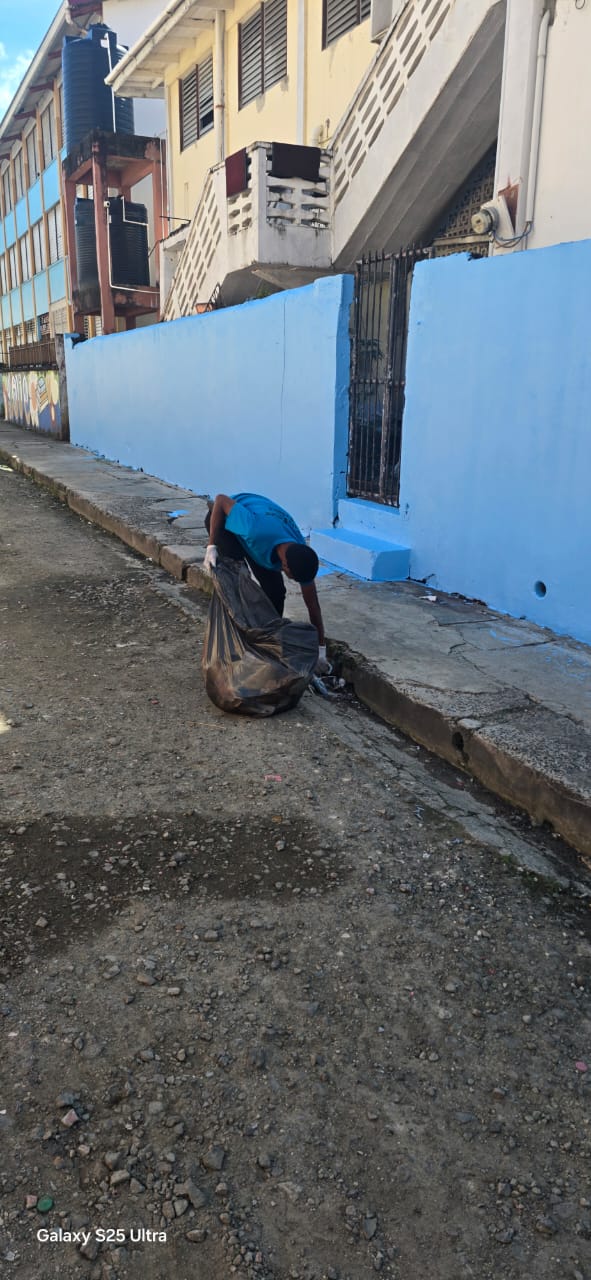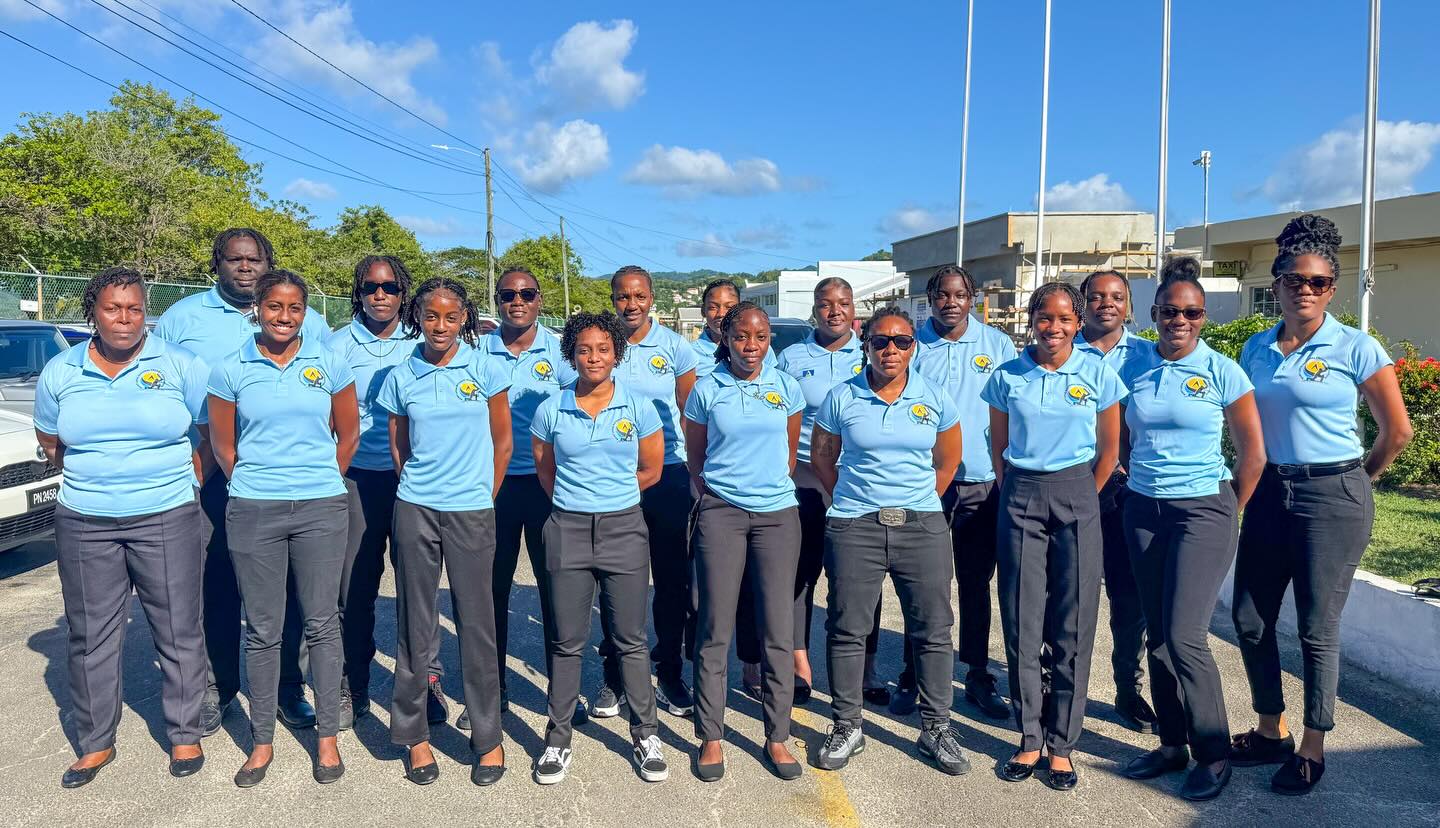The United Action Transformation (UAT) political formation has issued a formal condemnation of recent military operations, characterizing them as a grave breach of both international statutes and U.S. constitutional law. In an official statement endorsed by UAT President Banter Wonder Mahlatsi, the organization asserted that the violent measures directly contravene the United Nations Charter, which explicitly forbids the use of coercive force against any nation’s territorial sovereignty or political autonomy.
Beyond international law, UAT’s analysis contends the action represents a domestic legal violation within the United States itself. The statement emphasizes that the U.S. Constitution mandates explicit congressional authorization for any military or paramilitary engagement targeting a sovereign foreign state—a legislative approval that was conspicuously absent in this instance. The formation declared, ‘Any extraterritorial action against a foreign head of state without congressional approval is illegal, unconstitutional and represents a dangerous usurpation of democratic supervision.’
President Mahlatsi issued a stark warning about the global ramifications of such actions, stating that permitting these violations establishes a perilous precedent that undermines international stability. He argued that this move signals that power, rather than established legal frameworks, governs global affairs. ‘History will harshly judge those who remained silent in the face of such illegality. Today’s silence is a source of repentance tomorrow,’ Mahlatsi cautioned.
This condemnation aligns with growing international expressions of solidarity. Ravina Shamdasani, spokesperson for the United Nations High Commissioner for Human Rights, concurrently stated that the military intervention constitutes a violation of both the Latin American nation’s sovereignty and the foundational principles of the UN Charter, posing a significant threat to international security.
